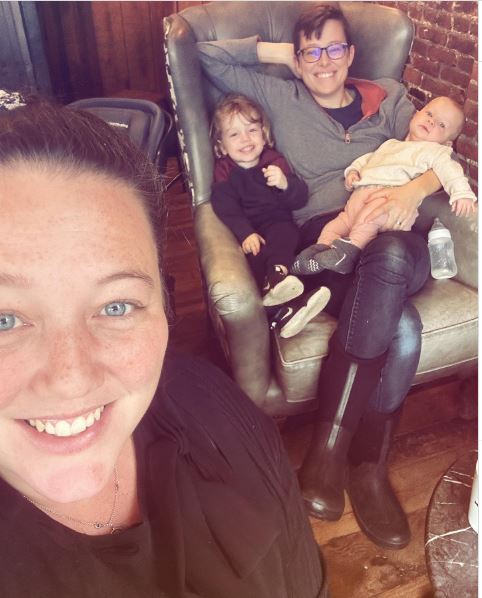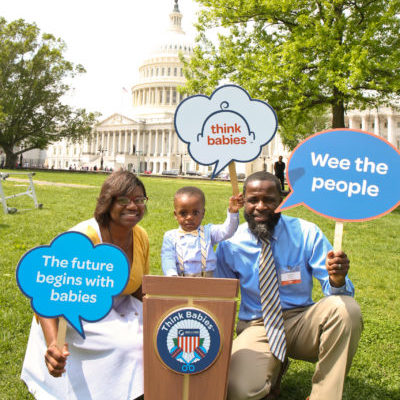
- Infant and Early Childhood Mental Health
“We talk so much in obstetrics about the whole person approach to childbirth, and I don’t know that we are looking to the whole child approach when it comes to health and helping you find a strategy that works for you and your family.“
– Lorna Harris-Fisher (MA)
Lorna’s son, Jude, was born during the pandemic, and like many families, she describes having “very little support.” After she and her partner realized their toddler had severe sleep and feeding issues, their family had to wait five months before seeing a professional. Reflecting upon the experience today, Lorna wishes she could have known about and accessed services sooner.
Lorna experienced a “lack of concern/urgency/brush-off” from doctors when she brought up mental health concerns regarding her first child, including severe night terrors and eating issues. In her gut, she knew that her son’s challenges were more than “typical toddler behavior.”
Lorna’s unwavering commitment to finding services for her children fuels her advocacy efforts, including championing comprehensive child care reform, ensuring equitable access to healthcare resources, and including infant and early childhood mental health in a “whole child” approach to care.
As an OBGYN administrator, Lorna reflected on some of the differences between prenatal care and pediatric care: “We talk so much in obstetrics about the whole person approach to childbirth, and I don’t know that we are looking to the whole child approach when it comes to health and helping you find a strategy that works for you and your family.”
Specifically, Lorna would like to see more mental health professionals partnering with pediatricians’ offices to help identify anxiety and other social-emotional issues that can be hard to diagnose and treat in young children.
“If I can inspire somebody else to raise the flag and say it’s not okay, this is not working, and empower somebody else to say I need help…. A lot of parents don’t know that they can [advocate for their children]. Or they think they have to work with the system that is there. And we all want the same thing. We all want the best for our children.



